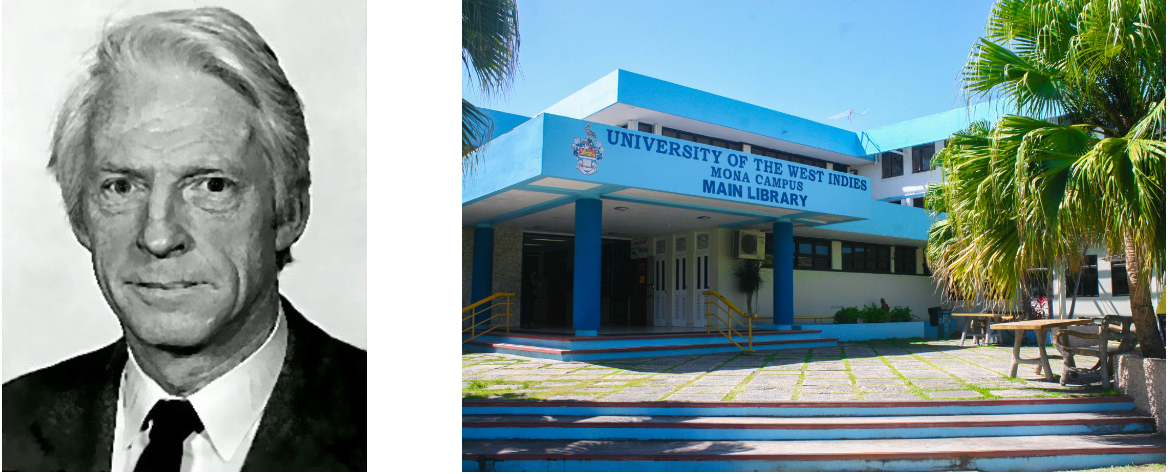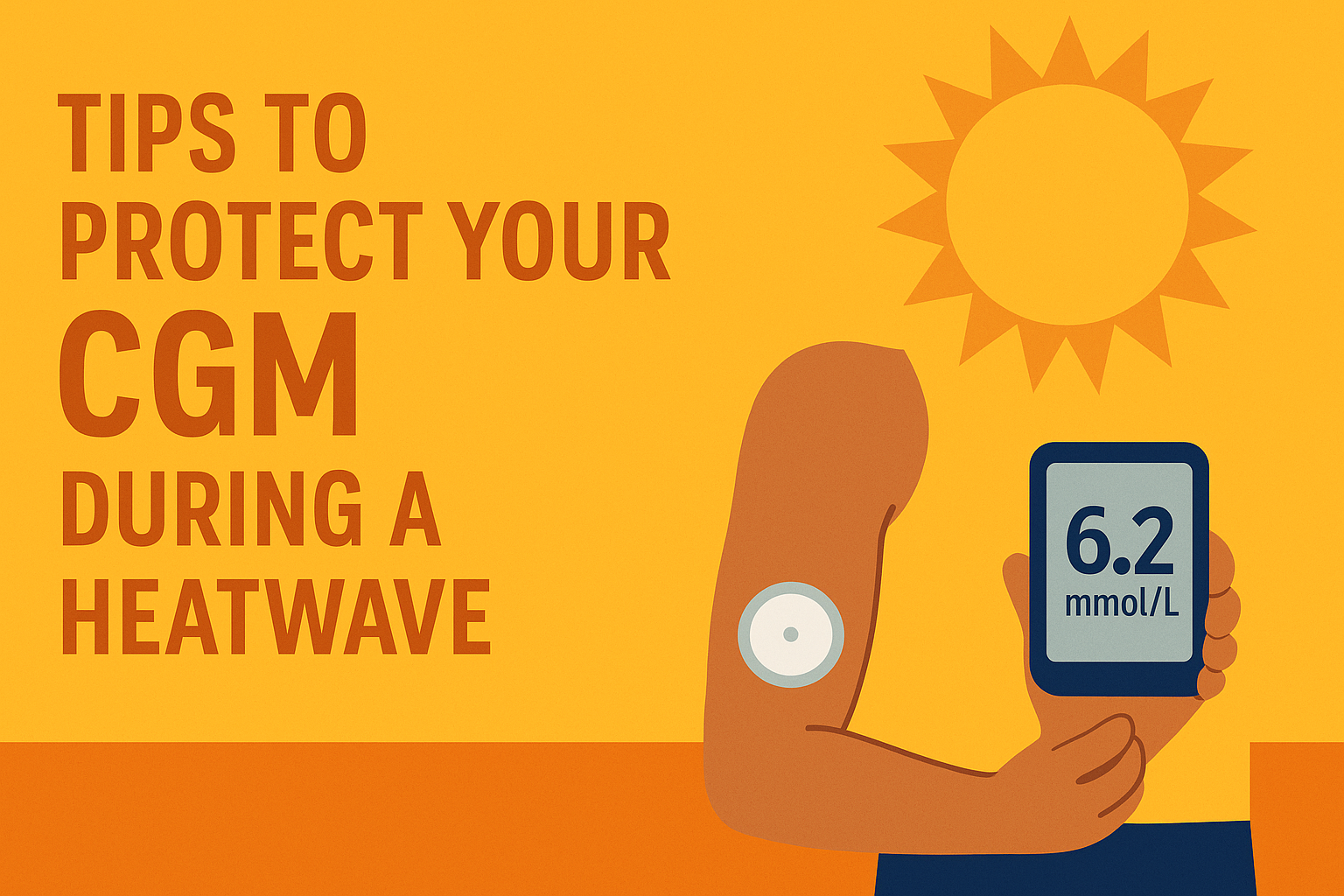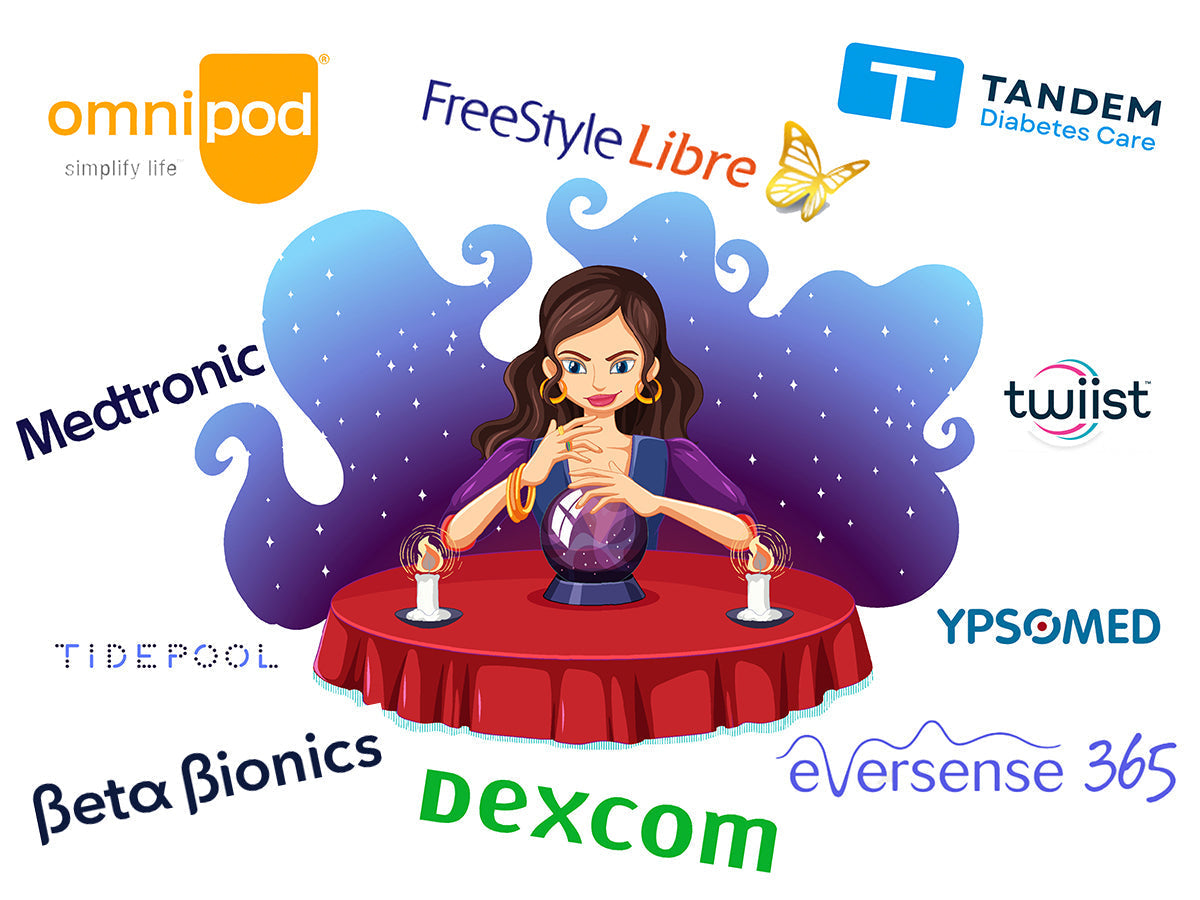
Diabetes burnout is an overused and little understood term.
Since it’s become more acceptable to talk about mental health the term has increasingly been bandied about to refer to the anxiety and stress of dealing with diabetes, but there is no formal definition or understanding of what this actually entails for an individual. It’s a subject that’s started to appear on diabetes-related conference agendas, both for healthcare professionals and persons with the condition and is also a popular discussion topic in peer-support groups.
But, whilst it’s healthy to see both distress and burnout talked about, it all seems wrong. Used interchangeably by many, the two terms are not the same!
I speak from experience, knowing the blackest of diabetes burnout.
I’ve spent months in burnout and admit that I am very protective about the term. The long weeks I spent neglected and isolated in a hospital room because no-one knew how to deal with the condition or me, I think has given me a right to take offence at anyone trying to explain my behaviour and feelings.
There was no tick-box for what symptoms to look out for, to know that I was burnt out. It wasn’t a gradual build-up of distress that escalated into burnout. I looked ‘normal’ on the outside and felt it on the inside too. I had no awareness that it would hit me abruptly, like a plane falling out the sky.
Prior to 2015, there were very few definitions of diabetes stress and burnout, reflecting the lack of awareness, understanding and more importantly now, quantifiable data. Definitions were very simple such as the following, published by Diabetes Spectrum in 2010.
"A sense of hopelessness and helplessness in managing diabetes that can lead to decreased motivation and engagement in self-care behaviors,".
Later definitions, from 2016 – incidentally, the year I was in hospital with the condition – evolved to include reference to diabetes burnout as affecting PWD psychologically ie. a person’s mental wellbeing.
A psychological state that results from prolonged exposure to the demands of diabetes management, characterized by feelings of exhaustion, detachment, and negative attitudes toward diabetes self-care."
Fisher et al., 2016
I do relate my experience with feelings of hopelessness and helplessness – no-one else can live our version of diabetes for us.
But most striking for me, is the total disengagement of managing diabetes that makes it burnout.
It’s the difference between not been on top of managing diabetes and letting it lag behind. It's not being able to 'pick yourself back up'.
Burnout affected me emotionally and physically. I had this feeling of my head being blocked and I totally surrendered to the physical side of dealing with diabetes. I existed by letting the nurses on the ward inject my insulin, check my blood sugars and all other aspects of my diabetes management to keep me in-check.
I was asked on several occasions about seeing a psychologist and they were keen to point out this wasn’t the same as a psychiatrist, but I didn’t know how this could help and I didn’t want anything put on an NHS record that I thought would mean being judged. I was locked into a state of just existing.
Not knowing how to deal with me, I was isolated in a room at the end of a corridor on a diabetes ward and generally ignored for weeks. It was around 6 weeks before a nurse suggested to me one Sunday afternoon that I could go outside for a walk with my husband. This was the turning point. I don’t know if it was just the timing, or if mentally I’d moved on, but something changed while I was walking around the front of the hospital building that day. I gave myself permission to accept my condition.
The grief I’d hidden inside for the life I thought I’d lost had resolved.
Now, I wonder if some part of diabetes distress and burnout is linked to diagnosis, an area that historically hasn’t been dealt with well by healthcare professionals at that initial consultation.
When referring to the burden of diabetes management, what does this actually mean? Healthcare professionals with often use the words 'challenging' and 'relentless', but those newly diagnosed with diabetes are often left to go away and 'google' the answers to key questions and seek out support from Facebook forums.
Rather than being left to our own devices, surely our mental health needs to be considered as important as the day-to-day management of having diabetes?
***
It’s been 7 years.
I still have days when it’s all too much, but I know I’m not alone in that feeling. I admit I have days off from my sensor, but not my insulin management – I just ‘wing it’ in terms of knowing my levels. It keeps the distress from ‘my door’ and hopefully the burnout too.
I think of my experience as having reached the limit defining diabetes burnout.
My diabetes management is now just a part of my routine in the same way as brushing my teeth. Having diabetes can still be immensely frustrating, illogical and all-consuming, but I long since made the decision to stop fighting like a warrior or superhero and to make each day an achievement in some (small) way.
***
Emotions, fear and behaviours
As part of my recovery, I found it helpful to identify and call-out some of emotions, fears and behaviours that I experienced. I have included these below, so that others can relate to them - it's not a tick box for diagnosis though.

***
Dealing with burnout
My experience suggests that the strategies to deal with burnout should differ from those used for diabetes distress. In my case, the burnout needed medical intervention and deeper support than was readily available.
It was only once I came to accept my condition that I was able to start dismantling the wall that I had built inside my head - and I needed a psychologist to show me the way.
Below are strategies and suggestions of how someone struggling with diabetes burnout could get support or take action themself. Not all will help everyone, it may be a combination of actions, interactions or interventions that a person needs. It will almost definitely take time to deal with and recover - possibly over an extended period. You can't just scrap the burn off the toast and it goes back to being the piece of toast it was before!
I hope this touches someone and makes a difference.
Strategies for dealing with diabetes burnout
1. Get headspace.
The first thing is to STOP adding to the burden. There are so many things going on in a person with diabetes' life and so many decisions to make, that trying to do everything right all the time isn't realistic. So many PWD try to be perfect, and even if you're not aiming for this, we can easily become overloaded.
For me, this meant I needed to create space for myself. I temporarily stopped taking on extra work, doing chores, being a mum, wife, other people's support and so much more.
2. Find someone to listen – really listen, and without judgment.
I needed someone to listen to me and for me, that needed to be an independent person, it was important they didn’t have any connection. My husband found help for me from an independent psychologist.
Some people will be happy to talk to people they know, whilst others may need someone independent like me. It may not need to be a professional or even someone who knows about diabetes.
These are some peer support groups/communities that may help:

3. Address the fears one-by-one.
Life with diabetes often gets overwhelming because of the number of things to think about, sometimes conflicting and difficult. With so many decisions you need to make 24/7 it can drain our mental capacity.
There are a lot of things to be scared of and the unknown can be a huge enemy of our mind. By recognising the fears we have about diabetes I found I could address these by planning and learning more about how to manage my condition.
Structured education can help and being invited to do a Dafne course was one of the positive things that was offered to me as a result of my burnout. If you've already done this course, maybe look at Digibete or MyWay courses for information.
4. Take time-out or break-up the monotony of managing your diabetes.
This may mean taking time-out from diabetes management and there are safe ways this can be done. You will probably need support from a healthcare professional and involve others around you.
You could also look at other options for how to manage your diabetes as it's easy to get stuck in a rut following the same routine. With the accessibility of medtech changing considerably in recent years and new options going forward, it may be an appropriate time to look again at what's available, or will be in the near future, and discuss your hopes for diabetes management. I found small changes can make a huge difference - even changing the size of my needles helped.
5. Learn to relax & take time for yourself.
After discharge, I was invited to join a short wellbeing course run by one of the consultants involved in my care on the ward. This was enormously useful. It involved yoga moves and learning breathing techniques - which I still use now to deal with any anxiety and keep calm. There was also an element of peer support which was valuable too.
The key strategy I identified with here was to take time for myself. And although it's almost a cliche, I would encourage others to find whatever activity they find will absorb their attention. It could be mindfulness, meditation or yoga - in a class or at home.
Equally, it could be doing a jigsaw, gardening, going for walks, volunteering or taking up a new hobby for instance. The point is that it's specific to you as an individual and not about diabetes. Find something that takes your attention away from constant monitoring!
***
The Data
Research conducted around the world and gathered from over 50 studies suggests that one in four people with type 1 and one in five people with type 2 diabetes have high levels of diabetes distress.
Studies have shown that diabetes burnout is associated with poorer management and raised HBA1c levels.
It's not clear what definitions have been used here and it's likely that diabetes stress and burnout have been been used in the same context. Definitions and terminology really do matter to T1s and are a contributing factor of stigma. Is it surprising that so many of us struggle with burnout?
***
Further information & resources for support
I hope the information included here is useful. I've included links below to resources I have used to give anyone struggling with diabetes distress or burnout somewhere to start...
Mental Health Awareness Week 2023
https://www.mentalhealth.org.uk/our-work/public-engagement/mental-health-awareness-week
Details of support available in the UK
See our Wellbeing page
https://lovemylibre.com/pages/wellbeing
Diabetes UK resources
https://www.diabetes.org.uk/professionals/resources/shared-practice/psychological-care/emotional-health-professionals-guide/chapter-3-diabetes-distress
Mindful in May
https://acbrd.org.au/2018/05/01/the-4-step-mindfulness-practice-for-diabetes-distress
Problem Areas in Diabetes (PAID) Assessment
Diabetes Distress Scale
https://diabetesdistress.org/downloads/T1-DDS%20Enligsh.pdf
Digibete - NHS Approved platform for T1 young people and families
MyWay Digital Health - platform commissioned by the NHS
https://mywaydigitalhealth.co.uk/patients

Disclaimer
Blogs and publications on this website are independent of any involvement by medtech companies or diabetes related charities. To ensure there is no bias, we do not accept any products, freebies or other material from any medtech provider. All materials are copyright ©️Love My Libre Ltd.
Love My Libre is not associated or affiliated with Abbott or FreeStyle Libre. Content here and on our website www.lovemylibre.com does not constitute medical advice or replace the relationship between you and healthcare professionals nor the advice you receive from them.
FreeStyle Libre is a registered trademark of Abbott Diabetes Care Inc.





Leave a comment (all fields required). Please note, we are unable to respond to individual comments posted here.